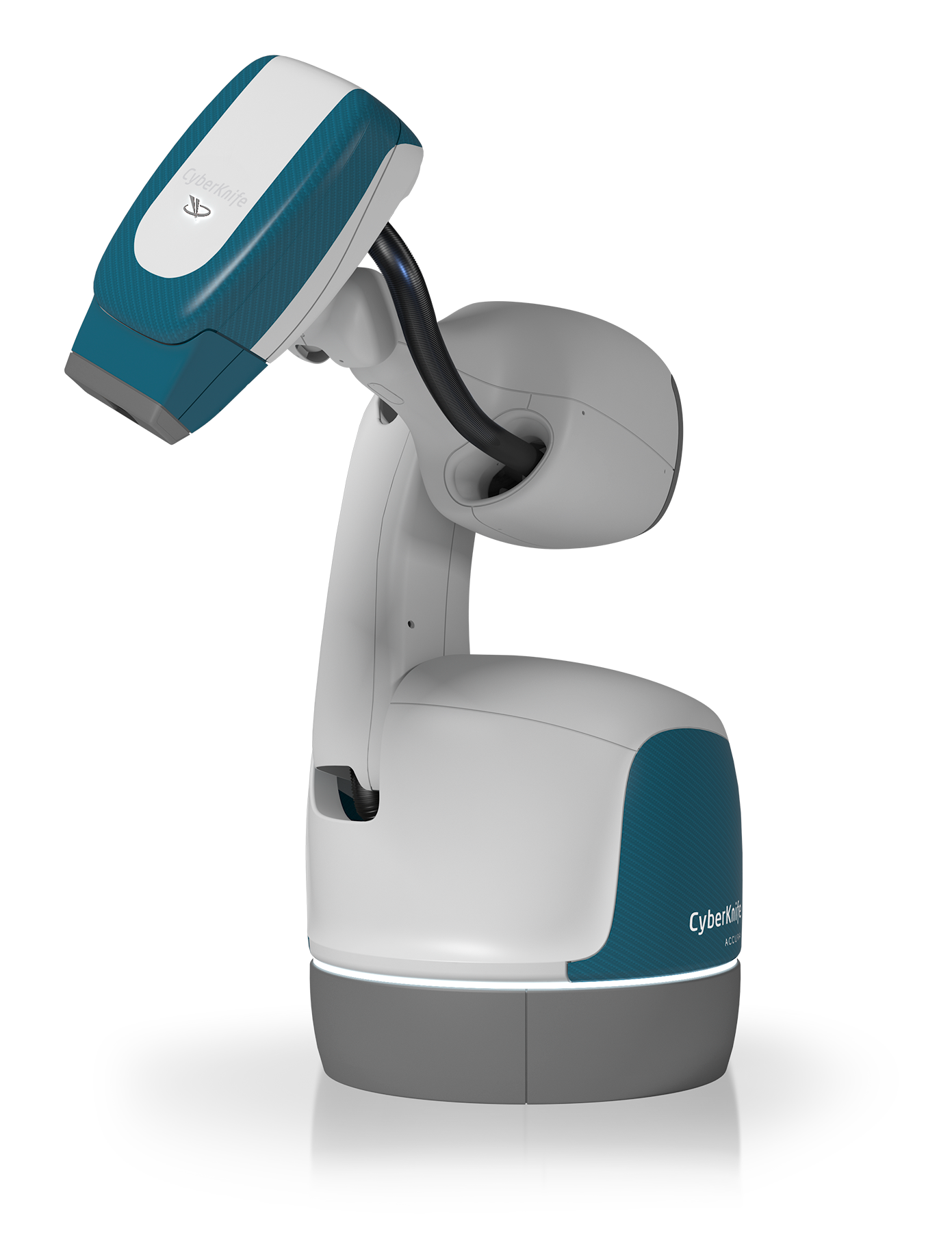Ask your doctor if the CyberKnife® System is right for you
While surgery is often the first option for treating liver cancer, surgical intervention may not be a possibility for many patients — and may not be the best option, depending on the stage and location of the tumor, as well as the specifics of your health and lifestyle. The first step in finding the right treatment for you is to talk to your doctor. To help you get that conversation started, we’ve put together a few questions to ask.
Questions to Ask Your Doctor
- What are my treatment options?
- Which treatment option would best preserve my quality of life?
- What is my recommended treatment option — and why?
- Am I a candidate for CyberKnife treatment?
- What is the treatment process for the treatment option you recommend and how long will it take?
- What results should I expect?
- What are the side effects and risks of the procedure; and which side effects are short-term, and which ones may be long-term?
- How are these side effects managed and can they be prevented?
